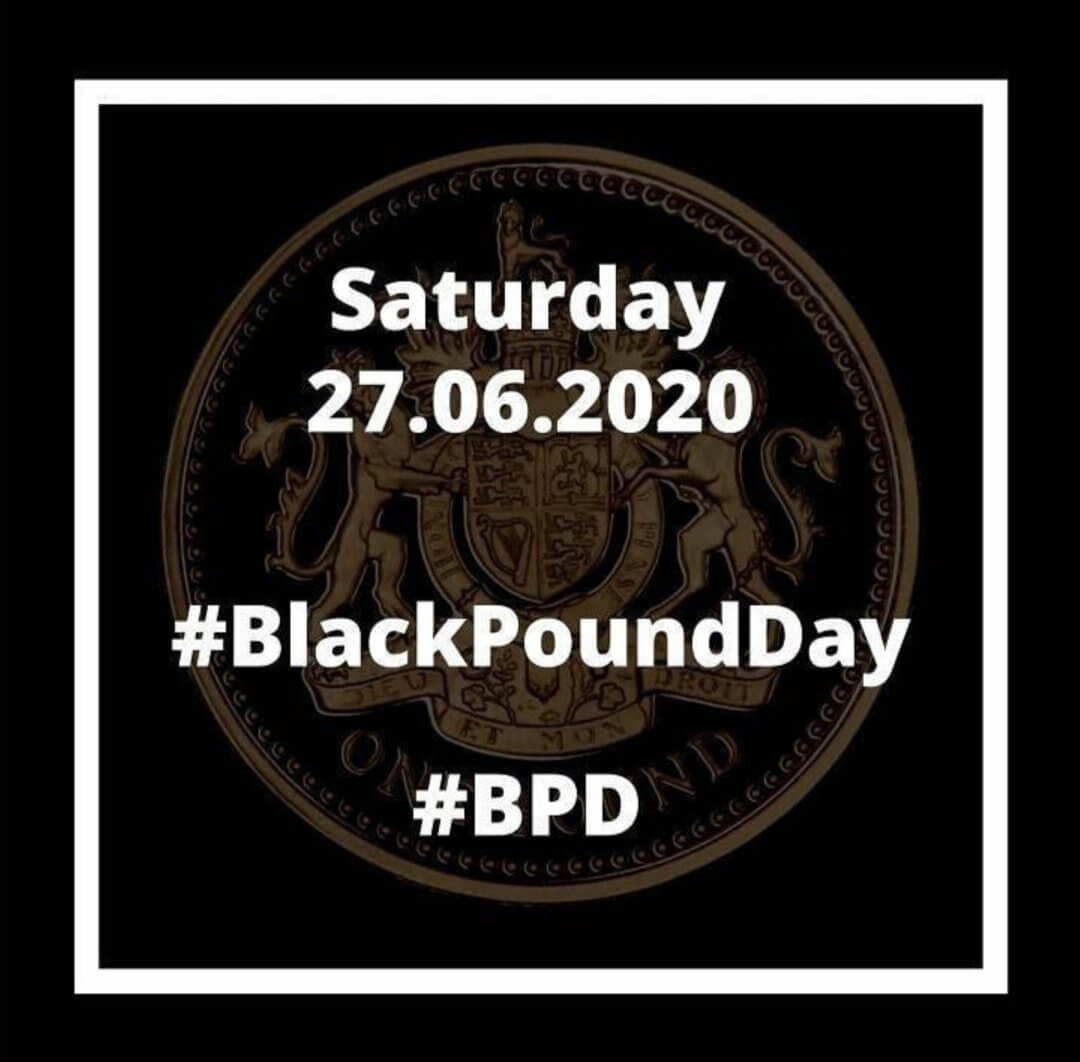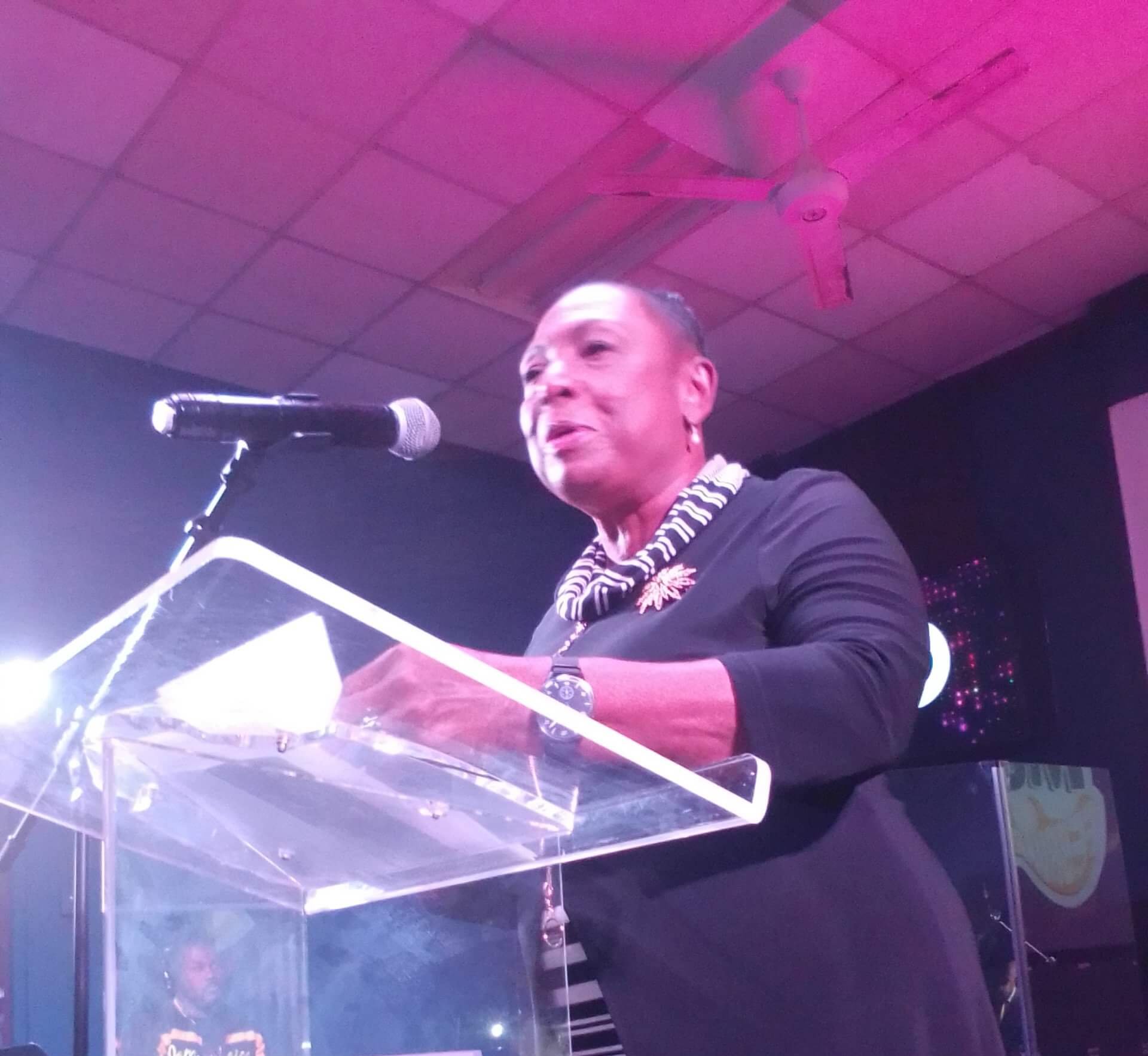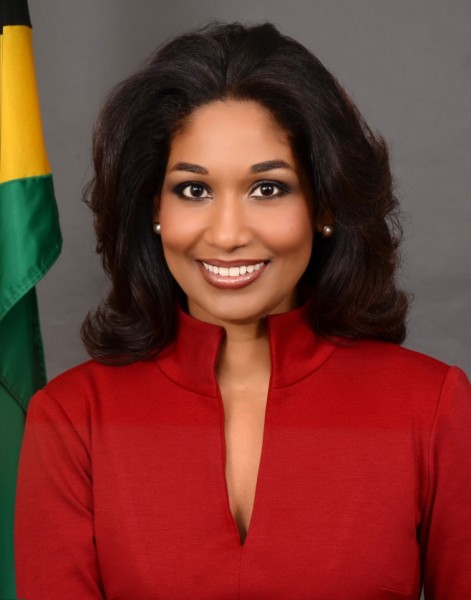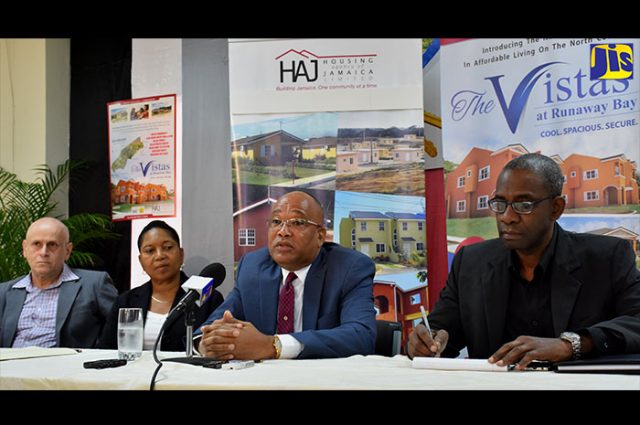The Black Pound Matters 365 days a year
July 17, 2020 | By David Myles |
Saturday 27th June 2020 marked the first-ever Black Pound Day. Although, the UK is not absent from such initiatives and has previously held similar days, some of which have lasted for a weekend, or longer. The black populations within the UK have also practiced economic boycotts from non-black businesses on more global scales such as the social media-inspired Blackout Day, which commenced on the 6th of March in 2015 and Black Out Friday, a reverse response to what the U.S inspired Black Friday encourages; mass consumption, where many products on this day are traditionally promoted at discounted prices.
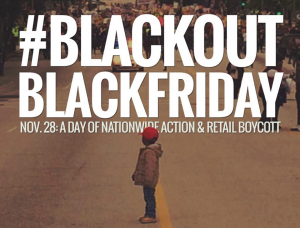 Black Out Friday was prevalent in November 2014, after Michael Brown, an unarmed black teenager was assassinated on August 9th, 2014 in Ferguson, Missouri by a white police officer Darren Wilson which resulted in heightened anguish and mass protests and uprisings across Ferguson. Just a month before on July 17th, Eric Garner was killed after struggling to breathe because of being put in a chokehold by the New York City Police Department (NYCP) officer Daniel Pantaleo. The phrase ‘’I can’t breathe’’ expeditiously rose from this animalistic annihilation and was reported to be the last words that Garner said before he died. It was only the preceding year that the UK began following the U.S tradition of Black Friday, making the Black Out Friday in the U.S more palatable for people residing in the UK to demonstrate their solidarity of the Black Out Friday initiative in the U.S
Black Out Friday was prevalent in November 2014, after Michael Brown, an unarmed black teenager was assassinated on August 9th, 2014 in Ferguson, Missouri by a white police officer Darren Wilson which resulted in heightened anguish and mass protests and uprisings across Ferguson. Just a month before on July 17th, Eric Garner was killed after struggling to breathe because of being put in a chokehold by the New York City Police Department (NYCP) officer Daniel Pantaleo. The phrase ‘’I can’t breathe’’ expeditiously rose from this animalistic annihilation and was reported to be the last words that Garner said before he died. It was only the preceding year that the UK began following the U.S tradition of Black Friday, making the Black Out Friday in the U.S more palatable for people residing in the UK to demonstrate their solidarity of the Black Out Friday initiative in the U.S
Black Pound Day, however, is the first initiative I can recall getting considerable exposure. The exposure has transcended beyond the usual coverage of other initiatives such as The UK’s Annual reparation March which has been going since 2014 with little coverage except for the likes of Brixton Buzz, Russia Today (RT), The Voice Newspaper and in recent years, The Evening Standard. Black Pound Day gained momentum on dominant media outlets such as BBC News, Sky News, The Guardian, The Independent, Time Out and the UK’s widest printed circulated newspaper, The Metro. Much of this illumination is likely to do with the highly visible and widespread video of George Floyd who was being subjected to an abhorrent and callous onslaught by a police officer casually placing his knee on his neck for an astonishing 8 minutes and 46 seconds after he was being arrested for allegedly using counterfeit currency. The officers’ interaction with Floyd subsequently led to his murder on May 25th, 2020. Since this time, corporations, educational institutions, and politicians have vocalised their commitment to terminating structural racism and police departments such as the city of Minneapolis have promised to dissolve their departments. Additionally, people such as the police chief for the Houston Police have argued that such practices ”should be banned and I think you will get a lot of consensus across the nation”. https://www.bbc.co.uk/news/av/world-us-canada-53031302/george-floyd-death-houston-police-chief-says-chokehold-technique-should-be-banned
 In the UK, after much deliberation from politicians and a leaked Public Health England (PHE) – https://www.theguardian.com/inequality/2020/jun/13/leaked-report-says-racism-and-inequality-increase-covid-19-risk-for-minorities report that categorically attributed the disproportionate number of COVID-19 UK deaths amongst Black and what is typically referred to as ‘’BAME’’ by popular discourses; is a result of racism. For many black people, this was hardly a revolution. Before this report, there was just not the undisputed evidence to make such claims without those that wish to silence such statements claiming that we are ‘playing the race card’ or in my case at one of the places I work, COVID-19 has been depicted as some sort of inherent genetic complication that profoundly affects non-white people in a way that is akin to scientific racist rationale.
In the UK, after much deliberation from politicians and a leaked Public Health England (PHE) – https://www.theguardian.com/inequality/2020/jun/13/leaked-report-says-racism-and-inequality-increase-covid-19-risk-for-minorities report that categorically attributed the disproportionate number of COVID-19 UK deaths amongst Black and what is typically referred to as ‘’BAME’’ by popular discourses; is a result of racism. For many black people, this was hardly a revolution. Before this report, there was just not the undisputed evidence to make such claims without those that wish to silence such statements claiming that we are ‘playing the race card’ or in my case at one of the places I work, COVID-19 has been depicted as some sort of inherent genetic complication that profoundly affects non-white people in a way that is akin to scientific racist rationale.
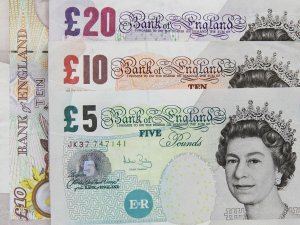 As I expected, I have heard all kinds of preposterous statements to deflect from the elephant in the room. To avoid whiteness being interrogated under the microscope, utterances of white fragility take precedence. As it is not just one individual, in many cases I have been selective in responding, as I recall several years ago reading Reni Eddo-Lodge’s compelling book ‘Why I No Longer Talk To White People About Race’. I concluded that many of the people at one of the places which I presently work are fully aware of Britain’s racism but want a reaction and I have no time to explain things to people who have no sincere intention of engaging in logical dialogue. It is evident by comments such as ‘’99.9 of the time when a police officer stops a black person and holds onto their hands, it is because they are going to run away’’. I mean, how can someone seriously make such statements? And then casually state that you used to work on London Transport Revenue Officer as your empirical evidence. Even if you give countless anecdotal examples, or you make reference to material from research papers, they will still bathe themselves in white fragility. I often find myself just shaking my head and smiling at the absurdity of it all.
As I expected, I have heard all kinds of preposterous statements to deflect from the elephant in the room. To avoid whiteness being interrogated under the microscope, utterances of white fragility take precedence. As it is not just one individual, in many cases I have been selective in responding, as I recall several years ago reading Reni Eddo-Lodge’s compelling book ‘Why I No Longer Talk To White People About Race’. I concluded that many of the people at one of the places which I presently work are fully aware of Britain’s racism but want a reaction and I have no time to explain things to people who have no sincere intention of engaging in logical dialogue. It is evident by comments such as ‘’99.9 of the time when a police officer stops a black person and holds onto their hands, it is because they are going to run away’’. I mean, how can someone seriously make such statements? And then casually state that you used to work on London Transport Revenue Officer as your empirical evidence. Even if you give countless anecdotal examples, or you make reference to material from research papers, they will still bathe themselves in white fragility. I often find myself just shaking my head and smiling at the absurdity of it all.
And let us not forget the ‘Oh he/she was a criminal argument’’ when a black person is scornfully killed by the police. The mentality is reminiscent to when black people were being routinely lynched, and the common rhetoric of that era was ‘‘He/she looked at a white person in the wrong way’’. Such justifications are why black enterprises like Black Wall Street in Tulsa, Oklahoma, and lesser-known Black Wall Street’s such as Durham in North Carolina were capitulated to the ground by the first quarter of the twentieth century.
If Britain is institutionally racist, then health, social and economic factors are not exempt from these inequalities. Therefore with the advent of the COVID-19, the pre-existing structurally racist injustices would only be exacerbated under this pandemic. Such gross inequalities don’t just appear from nowhere. With Britain still reluctant to admit the racism that is at the very fabric of its society and the current 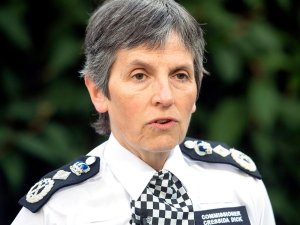 Commissioner of The Metropolitan Police Service (MPS), Cressida Dick denying that The Metropolitan Police force is institutionally racist and according to the Huffington Post stating ‘’..Our values are about treating people fairly and having a really inclusive workforce’’ – (https://www.huffingtonpost.co.uk/entry/cressida-dick-black-lives-matter-has-provided-powerful-lessons-but-met-isnt-racist_uk_5ef5ebe4c5b6acab28407304) in less than a week after Jordan Walker (now 24 years old) spoke to ITV News after he was fatally left paralysed from his chest downwards after being tasered by police as he jumped over a fence on the 3rd May 2020. To inflame the situation further, the Independent Newspaper reported a horrendous incident where a black 13-year-old teenager and his father were ‘’randomly stopped at taser point..’’ concerning a stabbing in the area (Tottenham), which had nothing to do with them. Both son and father were placed in handcuffs and wrongfully arrested after Hugo Boateng (son) was left with bruised legs and scratches on his face. Father Andrew Boateng described the ordeal as ”humiliating institutional racism’’ – https://www.independent.co.uk/news/uk/home-news/father-son-police-charity-bike-ride-london-tottenham-canal-a9590176.html. Recently, high profile British sprinter Bianca Williams and her partner Ricardo dos Santos were stopped by police provoking Santos to declare during a Sky News interview ‘’They see us as guilty until proven innocent’’ – https://www.washingtonpost.com/world/europe/bianca-williams-british-sprinter-police-racial-profiling/2020/07/06/d8bcd51c-bf95-11ea-8908-68a2b9eae9e0_story.html. The last fortnight alone, demonstrates that the Metropolitan Police are institutionally racist. To suggest otherwise is to suffer from cognitive dissonance.
Commissioner of The Metropolitan Police Service (MPS), Cressida Dick denying that The Metropolitan Police force is institutionally racist and according to the Huffington Post stating ‘’..Our values are about treating people fairly and having a really inclusive workforce’’ – (https://www.huffingtonpost.co.uk/entry/cressida-dick-black-lives-matter-has-provided-powerful-lessons-but-met-isnt-racist_uk_5ef5ebe4c5b6acab28407304) in less than a week after Jordan Walker (now 24 years old) spoke to ITV News after he was fatally left paralysed from his chest downwards after being tasered by police as he jumped over a fence on the 3rd May 2020. To inflame the situation further, the Independent Newspaper reported a horrendous incident where a black 13-year-old teenager and his father were ‘’randomly stopped at taser point..’’ concerning a stabbing in the area (Tottenham), which had nothing to do with them. Both son and father were placed in handcuffs and wrongfully arrested after Hugo Boateng (son) was left with bruised legs and scratches on his face. Father Andrew Boateng described the ordeal as ”humiliating institutional racism’’ – https://www.independent.co.uk/news/uk/home-news/father-son-police-charity-bike-ride-london-tottenham-canal-a9590176.html. Recently, high profile British sprinter Bianca Williams and her partner Ricardo dos Santos were stopped by police provoking Santos to declare during a Sky News interview ‘’They see us as guilty until proven innocent’’ – https://www.washingtonpost.com/world/europe/bianca-williams-british-sprinter-police-racial-profiling/2020/07/06/d8bcd51c-bf95-11ea-8908-68a2b9eae9e0_story.html. The last fortnight alone, demonstrates that the Metropolitan Police are institutionally racist. To suggest otherwise is to suffer from cognitive dissonance.
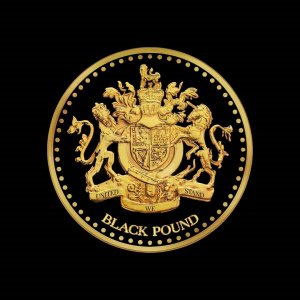 Some could argue that Black Pound Day could not occur at a much more appropriate time where it is evident that many businesses and organisations don’t mind taking money from black hands, yet treat black people with discontent and are under constant hyper-surveillance when they enter premises to spend money. Whilst I fully endorse Black Pound Day and refrained from spending non-black on this day (in fact I managed not to spend from a non-black business from the 24th June for 6 days); such initiatives are not effective on a longitudinal scale. Even on a short-term scale. Many people have likely consumed with non-black people the day before Saturday 27th and have likely reverted to spending non-black by Sunday 28th until the next Black Pound inspired day which occurred on Tuesday 7th July (Black Out Day). Ultimately, these conglomerates still receive money from black peoples, just at different intervals.
Some could argue that Black Pound Day could not occur at a much more appropriate time where it is evident that many businesses and organisations don’t mind taking money from black hands, yet treat black people with discontent and are under constant hyper-surveillance when they enter premises to spend money. Whilst I fully endorse Black Pound Day and refrained from spending non-black on this day (in fact I managed not to spend from a non-black business from the 24th June for 6 days); such initiatives are not effective on a longitudinal scale. Even on a short-term scale. Many people have likely consumed with non-black people the day before Saturday 27th and have likely reverted to spending non-black by Sunday 28th until the next Black Pound inspired day which occurred on Tuesday 7th July (Black Out Day). Ultimately, these conglomerates still receive money from black peoples, just at different intervals.
For me, patronising black businesses is not a fashion, it is a necessity. I make a concerted effort to buy black throughout the year. Whilst visiting the U.S in 2015, I can recall being astounded to discover that the dollar spends just 6 hours within African-American communities, in comparison to 17 days in white communities, 19 days in Jewish communities and 28 days in Asian communities (US Bureau of Labor Statistics, November 2014). Although I do not have the figures for the UK, I can imagine the figures to be devastatingly worse largely due to communities within the UK being much more integrated.
Buying black should be a commitment that we strive to accomplish wherever possible to ensure that existing black businesses and those with ambitions to establish businesses can prevail in these precarious times.
In the U.S, there have also been initiatives to encourage the retention of dollars within black communities such as ‘The Empowerment Experiment’. The initiative founded by couple Maggie Anderson and John Anderson was initially planned to last a whole year. In 2020, the couple has now successfully dedicated themselves to spending solely with black businesses for over a decade. The list includes dry cleaners, grocery stores, restaurants and banking with a black bank – www.authormaggieanderson.com
Within the UK, organisers such as Centerprise in Dalston mobilised black economics for over 5 years with their ‘Word Power’ events. This was also illustrated in what Natural November did in the past and what ‘The Black Market’ which was founded by Black History Studies’- http://www.blackhistorystudies.com/, Auntie Jean’s Afrikan Cultural Market in London, the Black Cultural Market which takes place at Europe’s largest black-owned arts centre, The Legacy of Excellence Centre in Birmingham – http://www.legacycoe.co.uk/event/black-cultural-market/ and Amazin’ Business Solutions (ABS) – https://torontocaribbean.com/connecting-micro-businesses-in-the-diaspora-with-the-caribbean/ in the Manchester region presently do. What is apparent is that our collective economic plight depends on supporting black businesses.

